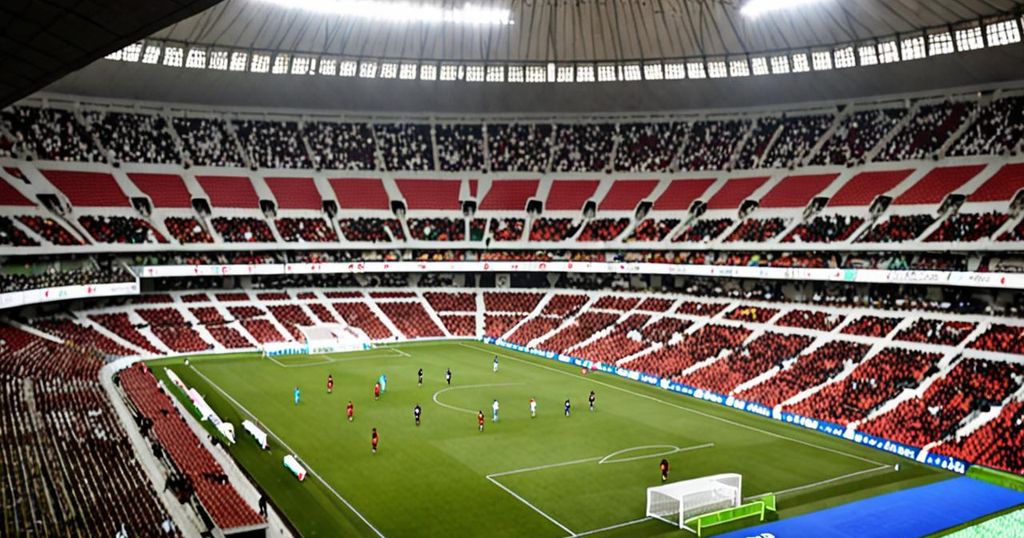The recent sanctions imposed by FIFA on multiple Indonesian football clubs, including Persija Jakarta, has garnered widespread attention in the footballing world. Arya Sinulingga, an Executive Committee (Exco) member of the Indonesian Football Association (PSSI), has responded to the situation by indicating that the federation is awaiting official reports from the concerned clubs before making any statements.
FIFA’s registration ban on Persija Jakarta, Persiwa Wamena, Persikab Bandung Regency, Persiraja Banda Aceh, and Sada North Sumatra FC has raised significant concerns within the Indonesian football community. This disciplinary action prohibits the mentioned clubs from registering new players for a specified duration, as stipulated on the official FIFA website.
Although the punishment was directly issued by FIFA to the clubs, Arya clarified that it was not implemented through PSSI. The severity of the ban varies for each club, with Persija Jakarta facing a three transfer window period registration ban and Persiwa Wamena receiving the most severe punishment of a ban from registering new players until further notice.
In response to the sanctions, Persija’s President Director Ambono Janurianto has confirmed the FIFA sanction and acknowledged the club’s failure to complete player transfers at the beginning of the season. However, the management of the Kemayoran Tigers has expressed its commitment to fulfilling its obligations with the relevant clubs before the new transfer market opens.
As the football community awaits further details regarding the issues affecting the five Indonesian clubs, it is crucial to emphasize the broader context of Indonesian football. With the national football team recently qualifying for the third round of the 2026 World Cup Asian Zone qualifiers, and Indonesia being selected to host the prestigious AFF U-16 and U-19 Championships in 2024, the country’s football landscape is experiencing significant developments.
Erick Thohir, the Chairman of the Indonesian Football Association (PSSI), has set ambitious targets for the U-23 national team, aiming for qualification to the 2028 Olympics. Amid these aspirations, discussions about sports partnerships, including the recent dialogue between Indonesian Sports Minister Dito Ariotedjo and Saudi Arabia’s Al Nassr Club, are offering further insights into the strategic initiatives being undertaken to elevate Indonesian football on the global stage.
As the narrative of Indonesian football continues to evolve, and its clubs navigate the implications of FIFA’s sanctions, it is crucial for all stakeholders to work collectively towards upholding the integrity and growth of the sport. With perseverance, transparency, and diligence, the challenges faced by Indonesian football can be addressed, ultimately propelling the nation’s footballing aspirations to new heights.
In conclusion, while FIFA’s sanctions have placed a spotlight on Indonesian football, the broader trajectory of the sport in the country demonstrates resilience and determination towards achieving excellence on both the domestic and international fronts.

Leave a Reply